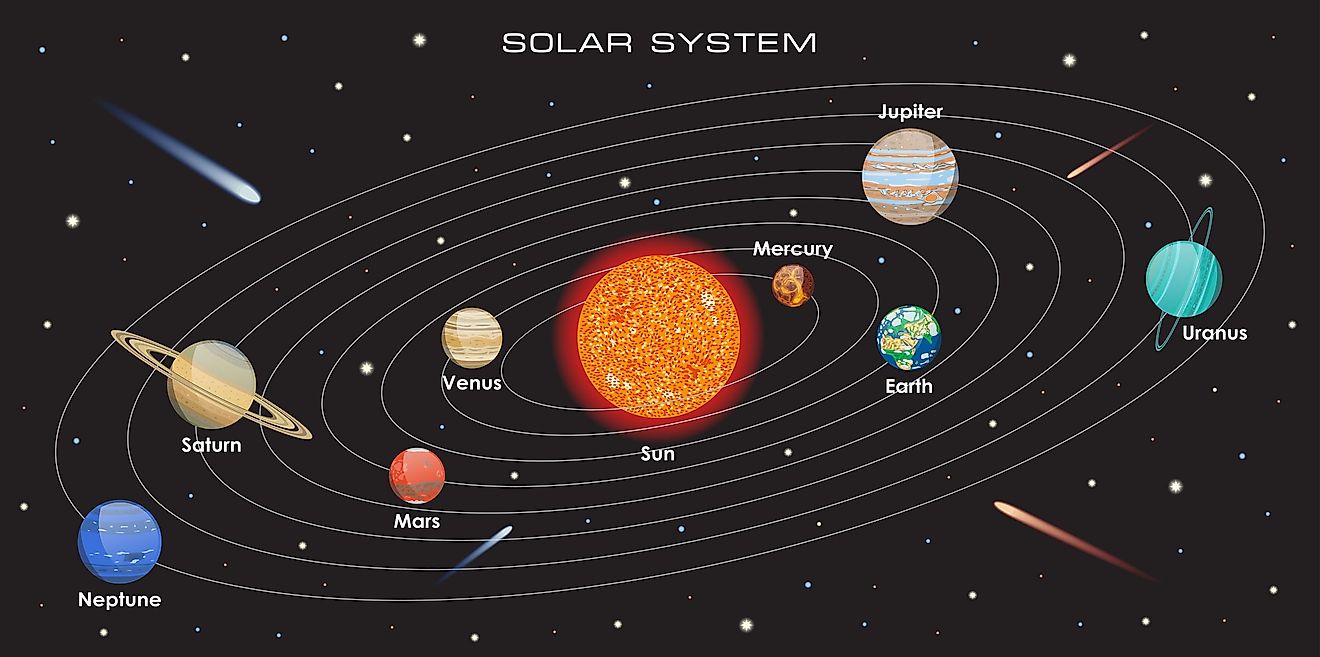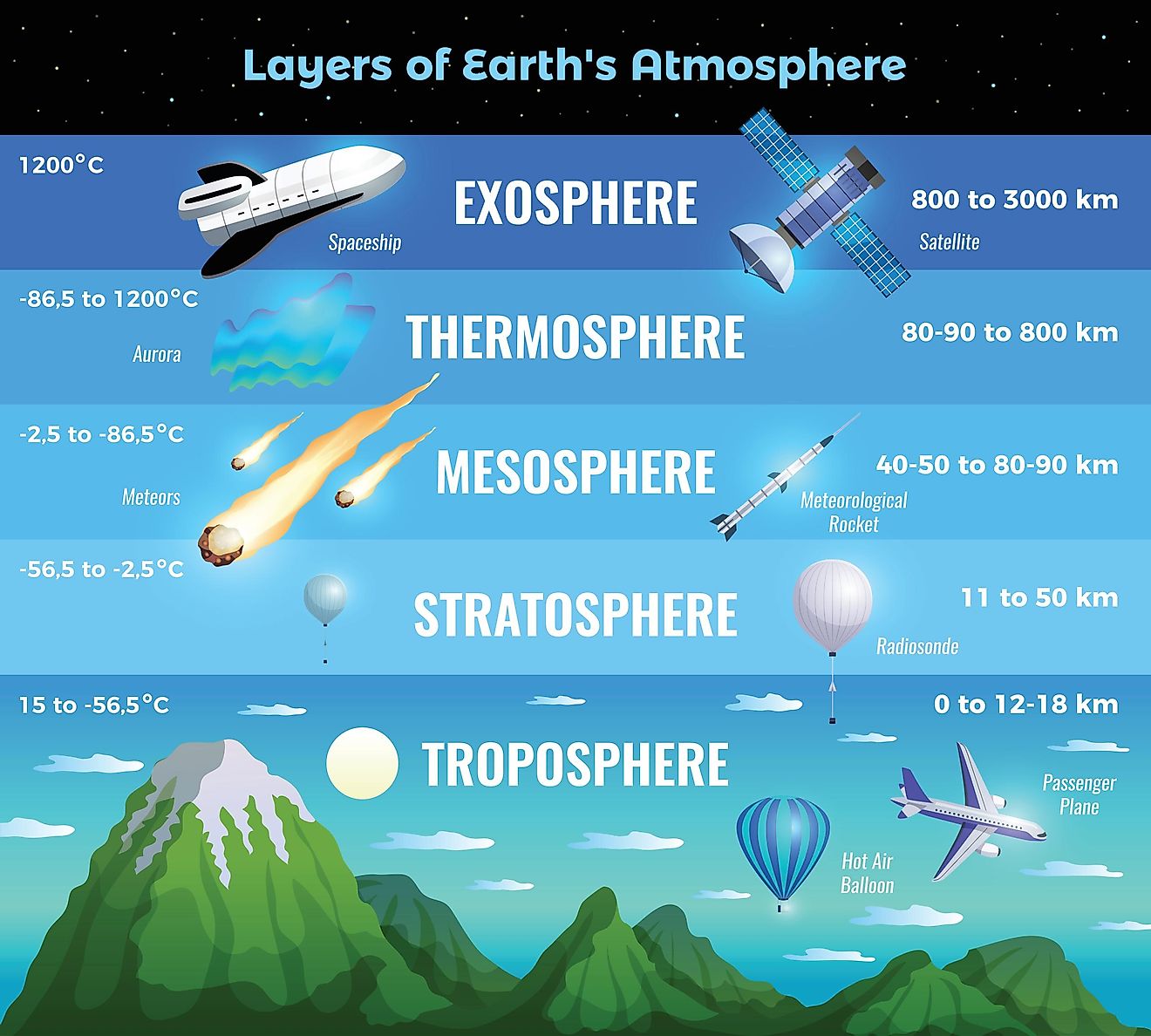
How Fast Does Each Planet Spin?
Every planet in our solar system rotates. It is a common feature among the planets, yet each of them have their own unique rotational velocity. The rotational speed of a planet determines how long a day is on each planet. We are all familiar with the Earth’s 24-hour rotation, yet how do the other planets compare? How fast do each of the planets spin?
The Inner Solar System

The inner solar system contains the four rocky planets: Mercury, Venus, Earth, and Mars. Interestingly, the Earth actually spins the fastest among the rocky planets, completing one rotation every 24-hours. That translates to a rotational velocity of 1,574 kilometres per hour. Mars is the second fastest, and its rotational velocity and length of day are quite similar to Earth’s. On Mars, a day is just over 24-hours long, with Mars spinning at a speed of 866 kilometres per hour. Mercury and Venus both rotate much slower than Earth and Mars, with Venus having the slowest rotation of any planet in the solar system. It takes Venus 243 days to rotate once. Interestingly, a day on Venus is longer than a year on Venus, meaning that it takes Venus longer to rotate than it does to orbit the sun. Venus spins at a speed of 6.5 kilometres per hour. After Venus, Mercury is the slowest rotating planet. A day on Mercury lasts 58 Earth days, translating to a speed of only 10.8 kilometres per hour.
The Outer Solar System

The outer solar system is the realm of the gas giants. It is here where Jupiter, Saturn, Uranus, and Neptune orbit the sun. The gas giants have much higher rotational speeds than the rocky worlds. Jupiter spins faster than all the other planets, rotating at a tremendous speed of 45,583 kilometres per hour. A day on Jupiter is only ten hours. After Jupiter, Saturn is the fastest spinning planet, completing one rotation every 10.5-hours, translating to a speed of 36,840 kilometres per hour. Uranus and Neptune rotate much slower than Jupiter and Saturn, yet they still spin significantly faster than the rocky planets. A day on Uranus is just over 17-hours long, with the planet moving at a speed of 14,794 kilometres per hour. Neptune is the slowest of the outer planets, rotating once every 16-hours at a speed of 9,719 kilometres per hour.
Rotational Speed Of Each Planet
| Planet | Rotation Speed | Length of Day |
|---|---|---|
|
45,583 km/h |
10 hours |
|
36,840 km/h |
10.5 hours |
|
14,794 km/h |
17 hours |
|
9,719 km/h |
16 hours |
|
1,574 km/h |
24 hours |
|
866 km/h |
24.5 hours |
|
10.8 km/h |
58 days |
|
6.5 km/h |
243 days |











